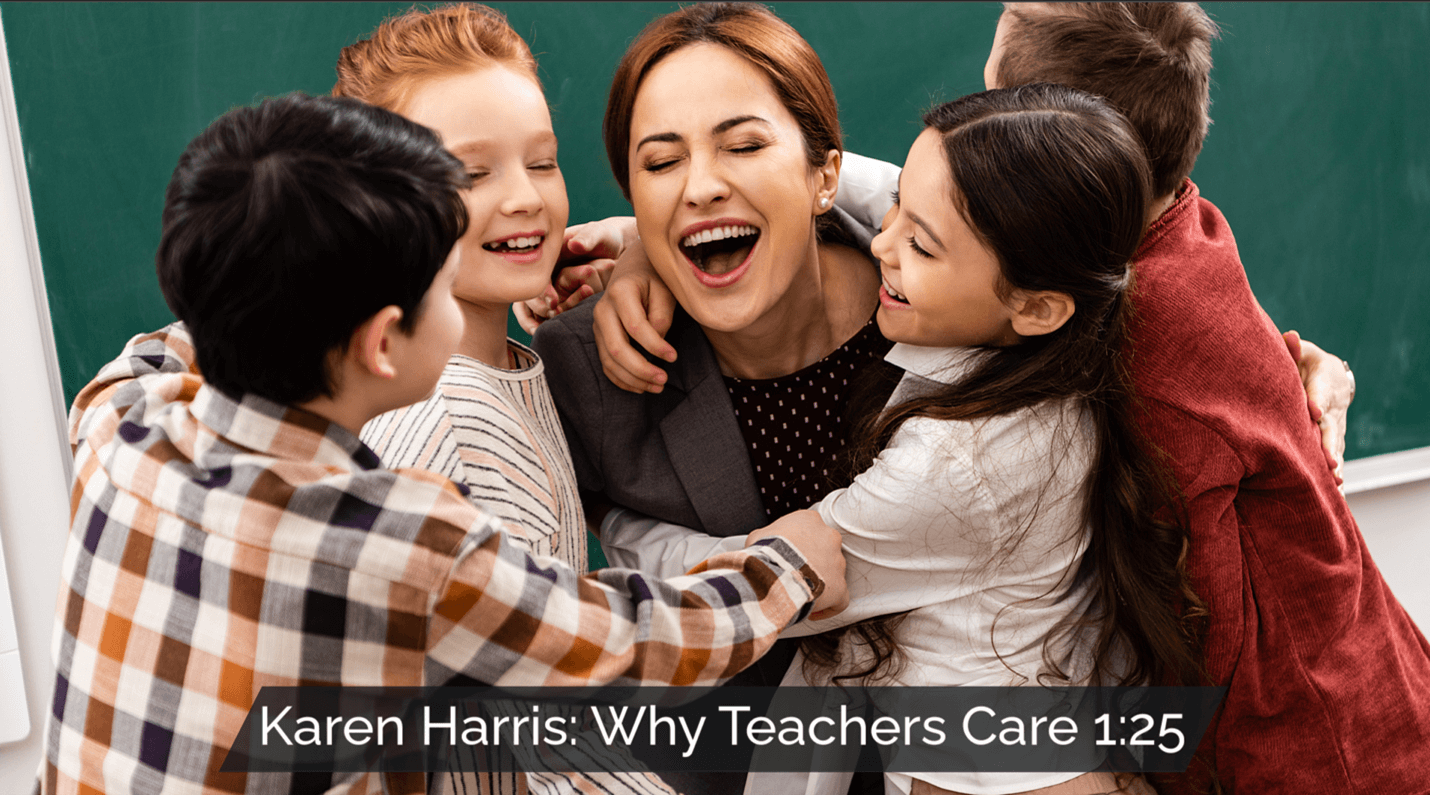Why Writing Matters
Writing is a critical skill that influences all aspects of life, from education to professional success. SRSD introduces an evidence-based writing process that empowers students to express their ideas clearly, think critically, and achieve academic and personal goals.
“Writing is how we make society deal with our ideas, get into college, get a job, seek justice, and insist that we are represented. Writing matters.”
Dr. Debra McKeown
SRSD Researcher, Texas A&M University
Why Evidence-Based Writing Implementation Matters
SRSD studies such as “Improving the Writing, Knowledge” (2006), “Motivation of Struggling Young Writers: Effects of Self-regulated Strategy Development” (2005), and “Powerful Writing Strategies for All Students” (2008) highlight effective methods for enhancing writing instruction which SRSD provides, which include:
- Explicit instruction on writing processes and strategies
- Regular opportunities for writing practice
- Feedback that guides improvement
- Integration of writing across various subjects
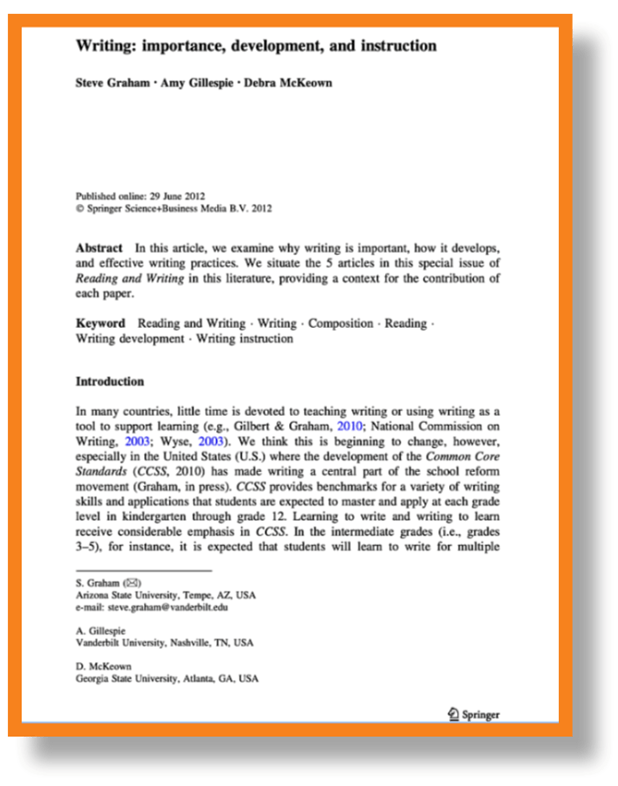
Report: “Writing: Importance, Development, and Instruction”
Debra McKeown and Steve Graham have co-authored this study, highlighting the importance of writing in educational contexts, examining writing’s development, and providing practical guidance for teaching it effectively. It emphasizes strategic interventions like SRSD to improve students’ writing skills, critical thinking, and self-confidence, thereby advancing the broader goal of developing proficient writers.
Educators Should Care Why SRSD Writing Matters
Dr. Karen Harris tells us why educators should care about SRSD student outcomes.
Writing Matters
Challenges Facing K-12 Students in the U.S.
While instructional standards aim to create college- and career-ready writers, there are many obstacles along the path to success.
Writing Instruction Takes a Backseat
Effective writing instruction is not consistently included as a part of language arts education. Further, in many existing curricula, writing instruction is absent or insufficient. Instead, emphasis is often placed on reading and math due to standardized testing pressures, leading to less instructional time for writing.
Teacher Preparedness
Studies have demonstrated that many teachers feel underprepared to teach writing. They report writing as the content area they are least prepared for during their teacher preparation programs. They also report receiving little in-service professional development to support their writing instruction.
Writing Anxiety
Many students exhibit writing anxiety due to negative past experiences, lack of confidence, and fear of making mistakes. This leads to a reluctance to engage in writing tasks and contributes to poor writing development.
Writing Is Complex
Writing is the most cognitively demanding task asked of students in school settings. Students must manage short- and long-term memory resources to coordinate skills in transcription, ideation, organization and more.
Writing Across the Curriculum
Research shows that students often need help to write well because writing is not consistently emphasized across the curriculum. Some educators focus heavily on reading and math due to standardized testing pressures, leading to less instructional time for writing.
Writing Proficiency Challenges Insights from NAEP Data
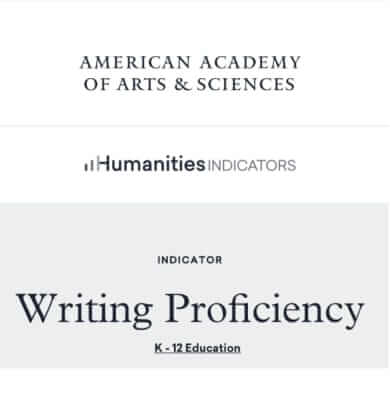
National Assessment of Educational Progress (NAEP) Report
This report discusses the challenges students face in achieving proficiency in writing, as measured by the National Assessment of Educational Progress (NAEP). The report notes trends in writing achievement, highlighting how less than one in four high school seniors demonstrate proficient writing skills and how the standards used to assess these skills have evolved.
Go to ReportOur Nation Is Not Producing Proficient Writers
SRSD tackles the critical writing challenges revealed by the National Assessment of Educational Progress (NAEP) by enabling educators to implement explicit writing processes and strategies that empower students to refine their work systematically.
“Only 27% of 8th and 12th graders were proficient in writing, revealing a significant gap in writing proficiency among students nationwide.”
National Assessment of Educational Progress (NAEP)
This structured framework reduces writing anxiety, builds confidence through clear guidance, achievable goals, and personalized feedback, and provides a consistent structure that can be applied across different subjects. By emphasizing the higher-order skills of planning, drafting, revising, and self-evaluating, SRSD helps students become more independent writers.
1998–2007: Writing Achievement of 4th, 8th, and 12th Graders
This chart tracks the writing proficiency levels of students in fourth, eighth, and twelfth grades from 1998 to 2007, categorizing them into four levels:
Below Basic Basic Proficient Advanced
From 1998 to 2007, the data reveals that a significant portion of students consistently fell into the Below Basic and Basic categories, indicating a widespread struggle with writing proficiency. While there are slight fluctuations in performance across the years, the overall trends suggest that many students are not reaching the Proficient or Advanced levels. These findings emphasize the ongoing challenge of improving writing skills among students and highlight the need for targeted interventions by educators and policymakers.
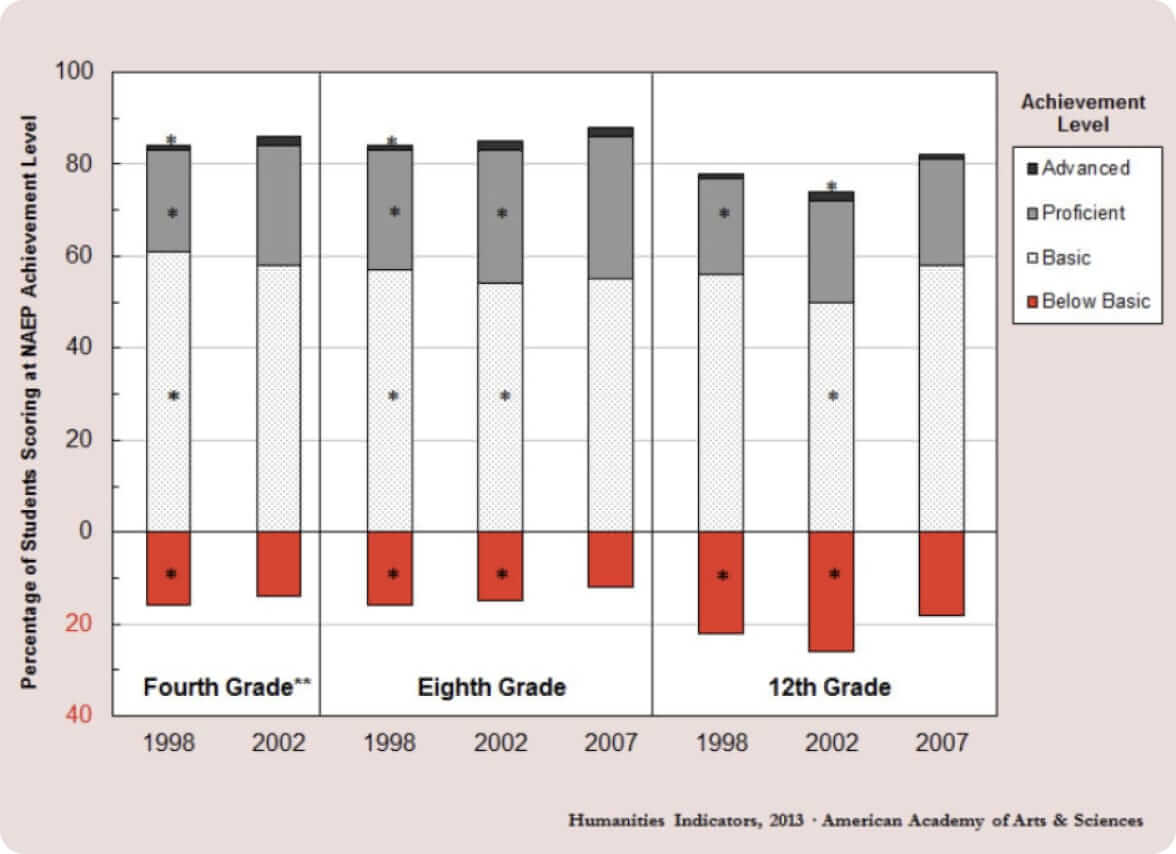
2011: Writing Achievement of 8th and 12th Graders
This chart compares the writing proficiency of eighth and twelfth graders in 2011, highlighting that the majority of students in both grades performed at the Basic or Below Basic levels. Only a small percentage of students reached the Proficient or Advanced levels, indicating that many students struggled with writing skills at these critical educational stages.
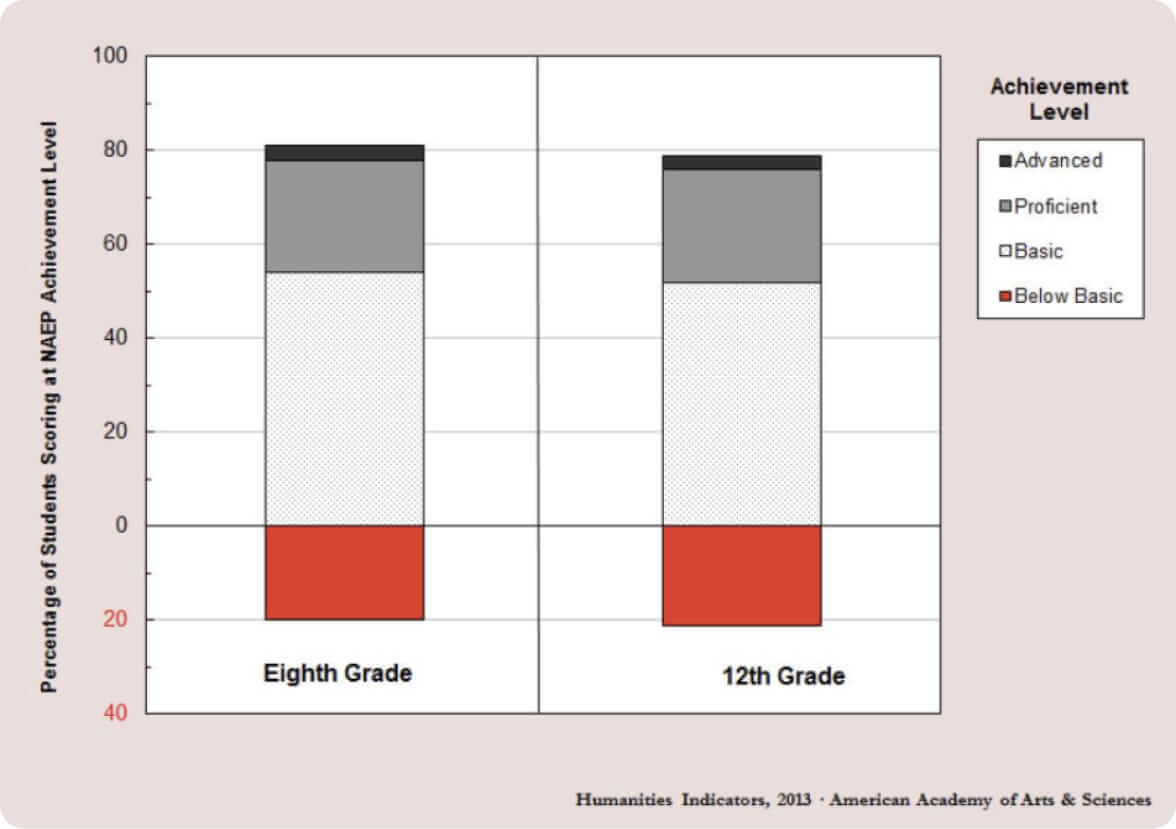
Writing is a critical skill shaping educational and professional success, making effective instruction essential. Self-Regulated Strategy Development provides an evidence-based framework that empowers students to enhance their writing abilities and supports teachers in delivering impactful instruction. By addressing the significant challenges in writing proficiency, SRSD plays a crucial role in nurturing skilled, confident writers and learners prepared for academic and life success.
Get Started with SRSD!
We know there's a lot to consider, and we're here to make it easier. Contact us today to get your questions answered or to schedule a no-obligation Zoom session at a time that works for you. Our courses and group training programs are fiscally responsible, adding to your school’s credibility and enhancing student achievement.
Contact Us

